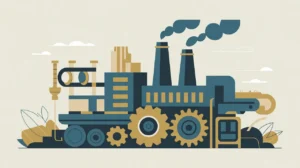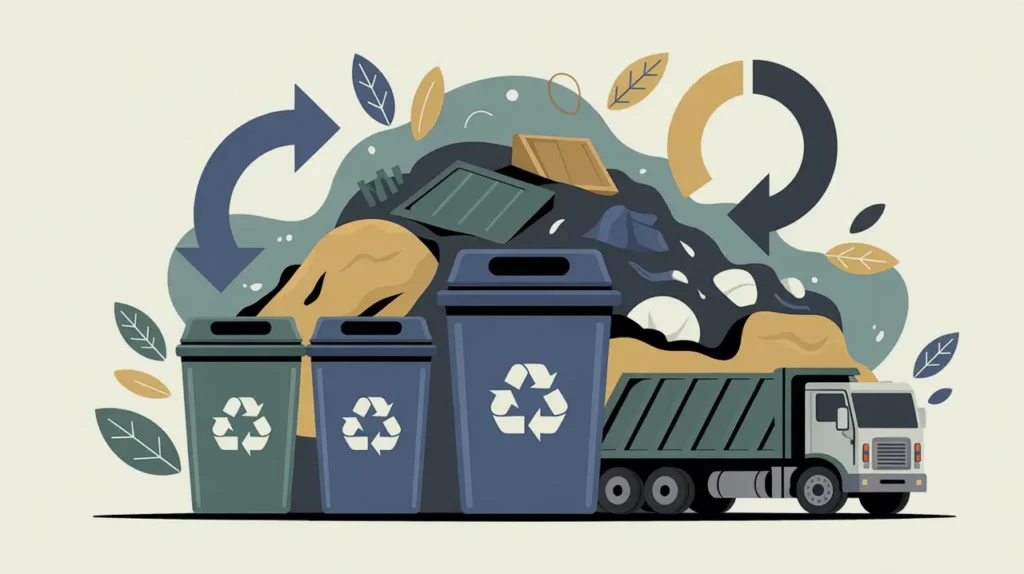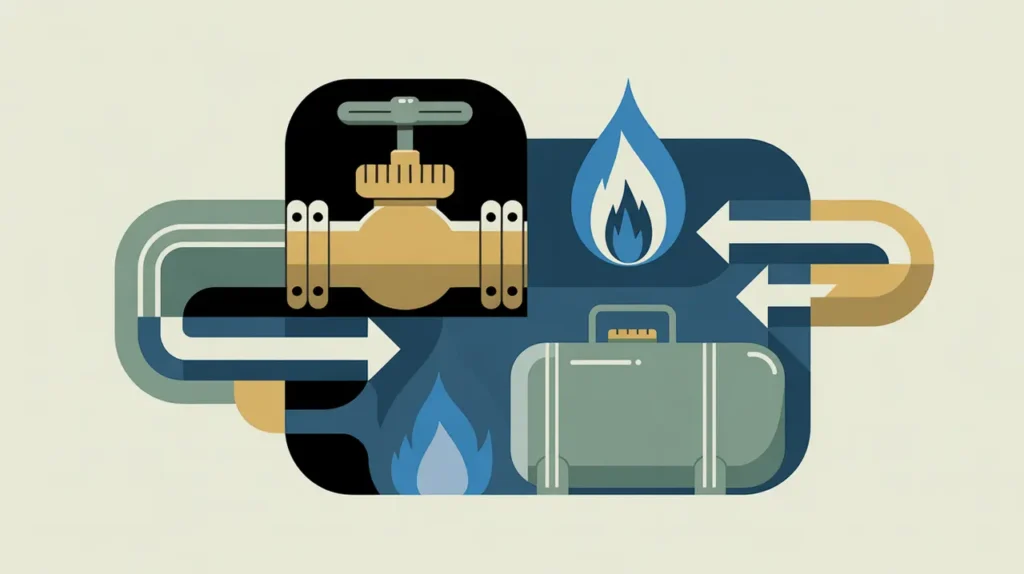Importance of Water Supply and Sanitation
Water supply and sanitation are fundamental to human health, dignity, and sustainable development. Safe drinking water and adequate sanitation prevent disease, reduce child mortality, and improve quality of life. In international development, they are central to achieving health, education, and gender equity outcomes, as access to clean water and sanitation underpins nearly every aspect of wellbeing. For nonprofits and social innovators, water and sanitation matter because they directly address basic human rights while enabling broader social and economic participation. Their importance lies in ensuring that communities can thrive in safe and healthy environments.
Definition and Features
Water supply and sanitation refer to the systems and services that provide safe drinking water and adequate facilities for the disposal of human waste. Their defining features include:
- Health Protection: preventing waterborne diseases such as cholera and diarrhea.
- Infrastructure Systems: including wells, pipes, treatment plants, and toilets.
- Equity and Access: ensuring services reach rural, urban, and marginalized communities.
- Sustainability: maintaining resources and infrastructure over time without depleting ecosystems.
How this Works in Practice
In practice, water and sanitation services are provided through public utilities, private operators, or community-based systems. For example, NGOs may support the construction of boreholes or latrines in rural areas, while governments invest in large-scale water treatment and sewerage systems. Donors and development banks often finance infrastructure, while communities play a key role in maintenance and governance. Challenges include population growth, underfunding, climate stress on water resources, and inequalities in access between urban and rural areas.
Implications for Social Innovation
Water supply and sanitation have significant implications for social innovation because they link directly to health, gender equality, and sustainability. Innovations such as low-cost filtration systems, pay-as-you-go water kiosks, and ecological sanitation models expand access and efficiency. For proximate actors, reliable water and sanitation services improve health, reduce time burdens (especially for women and children), and enhance dignity. Water supply and sanitation are essential for human development and equitable growth.







